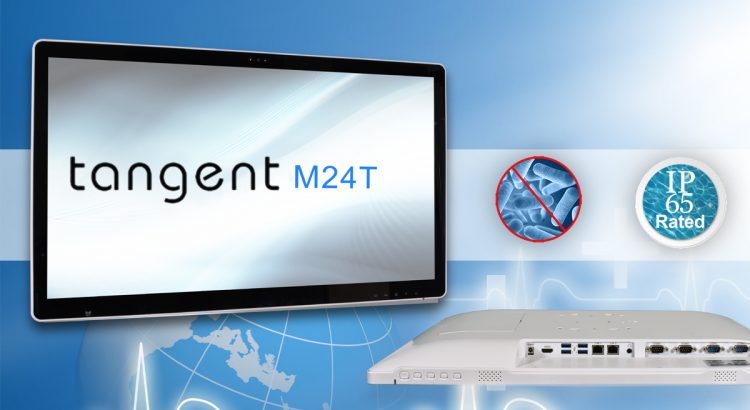Each and every day, hackers try their best to take down cybersecurity systems around the world, and those of hospitals are no exception. The New York Times has reported that Russian hackers have attempted to steal information on possible vaccines from the U.S. last week. In addition, over 140 high profile figures had their twitter […]
Tag: Medical PC
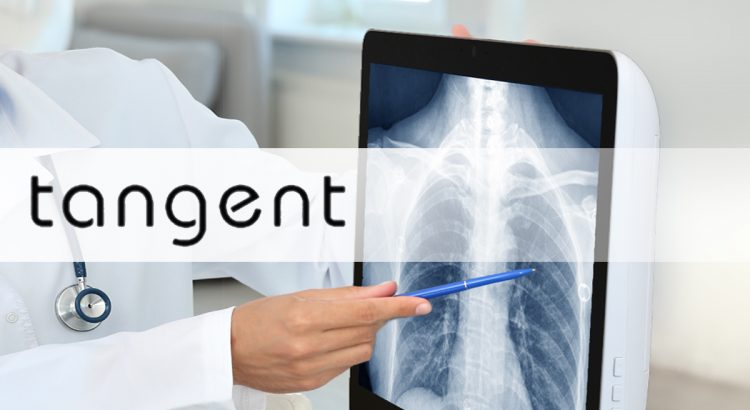
3 Ways Remote Monitoring Can Help Your Hospital
As new case numbers continue to set records daily, hospitals must rethink the ways in which they see patients. Telehealth has been an indispensable tool during this pandemic to keep both doctors and patients safe, but it is only one part of the solution. With the addition of remote monitoring on medical grade computers, hospitals […]
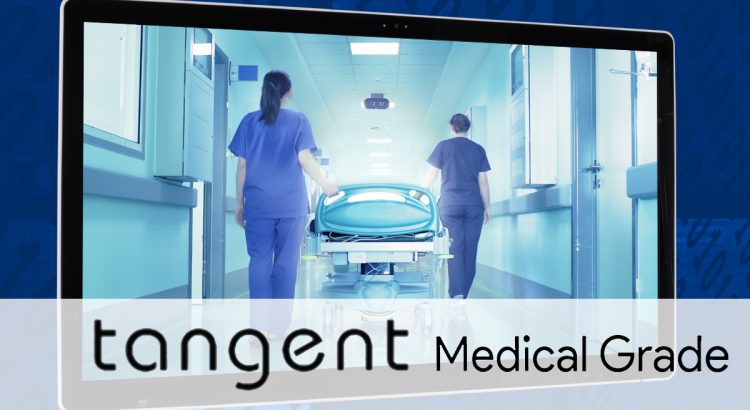
What Is Remote Monitoring On Medical Computers?
There is a lot of talk about telehealth these days, and while it has been a vital tool during this pandemic, there have been other medical computer-based solutions that have been overlooked. One such solution is remote monitoring via medical computers, which can help hospitals continue to treat patients without putting them in harm’s way. […]
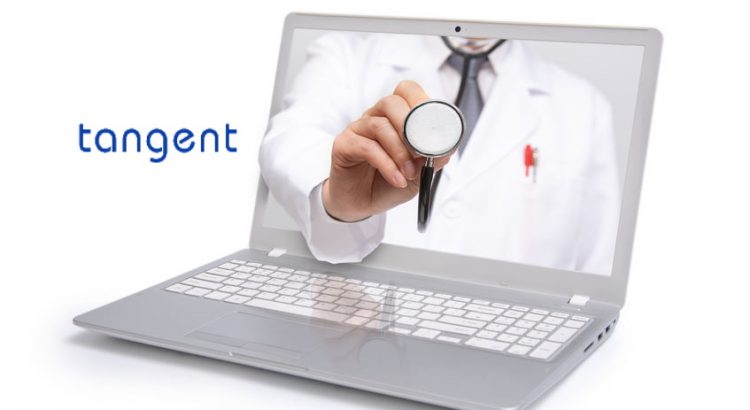
Is Virtual Primary Care Possible With Telehealth On Medical Computers?
As we march through this pandemic, the ways in which we live our daily lives have changed drastically. One of these ways is the adoption of telehealth technology for non-essential primary-care visits. In March alone, telehealth visits were up 4346.94% compared to March 2019. The quickly expanding scale of telehealth on medical computers is astonishing, […]
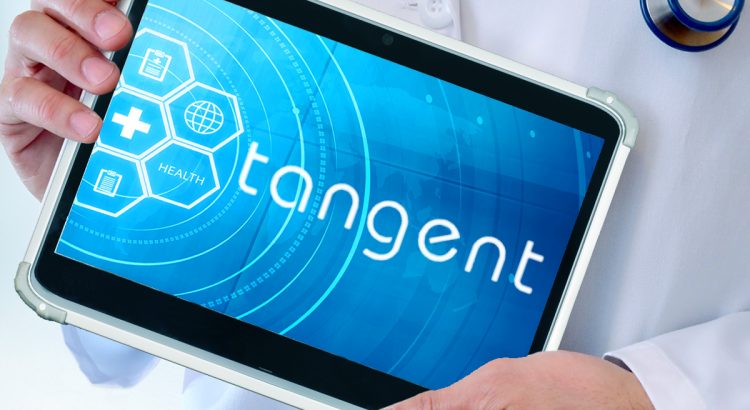
Medical Tablets For Hospital Safety
While phased reopenings in various states continue, the trend of infection cases is only increasing. While this is worrisome on its own, the impact this can have on our healthcare system is not to be underestimated. Keeping patients safe is the priority of every hospital, and in these times this priority is all the more […]

Medical All-In-One Computers For Healthcare
New advancements in medical grade technology are made every day, and Tangent is at the forefront of medical grade computer development. As the role of digital information like Electronic Medical Records (EMR)s and Electronic Health Records (EHR)s in healthcare continues to increase, having the fastest possible access to this information will be vital in providing […]
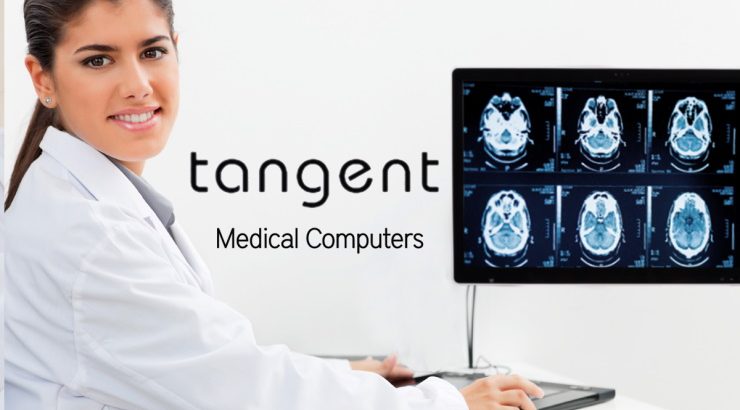
Reducing Hospital Readmission Rates
As hospitals around the country reopen to elective procedures, unresolved challenges must once again be grappled with. One of these challenges is the reduction of hospital readmission rates. Hospital readmission refers to the readmission of a patient less than 30 days after a procedure, normally due to complications. According to the American Institute of Research, […]
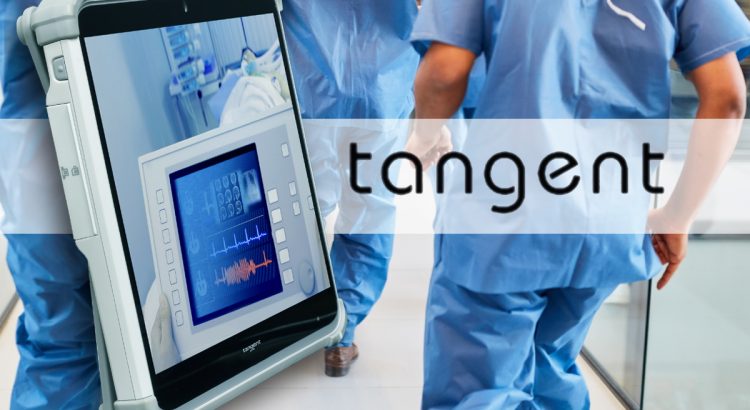
Medical All-In-One PCs For Full Hospital Use
With the country on the path towards reopening, hospitals have begun transitioning their facilities to accommodate regular appointments and patients. But will patients be willing to return to hospitals during this crisis? More patients than ever are seeing their doctors remotely via telemedicine technologies such as Medical All-In-One PCs. In addition, more Americans than ever […]
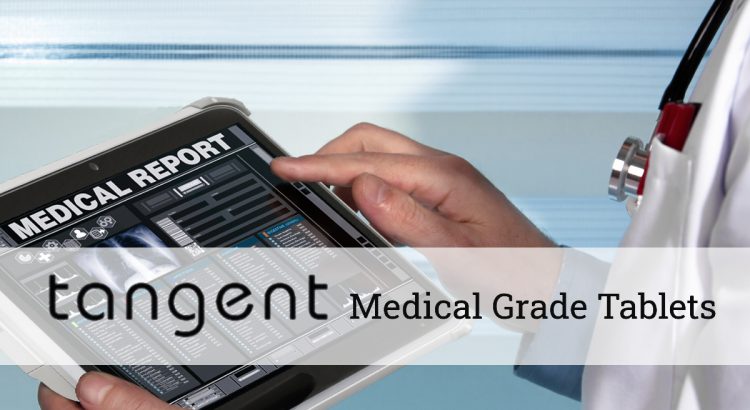
Medical PCs In The Hospital Setting
As the nation reopens, so too will our hospitals. The CDC has recently published guidelines for hospitals on how to go about opening their doors for services such as elective surgeries. As hospitals dealing with massive backlogs begin this process, making sure they have the equipment they need will be crucial. Medical PCs can help […]
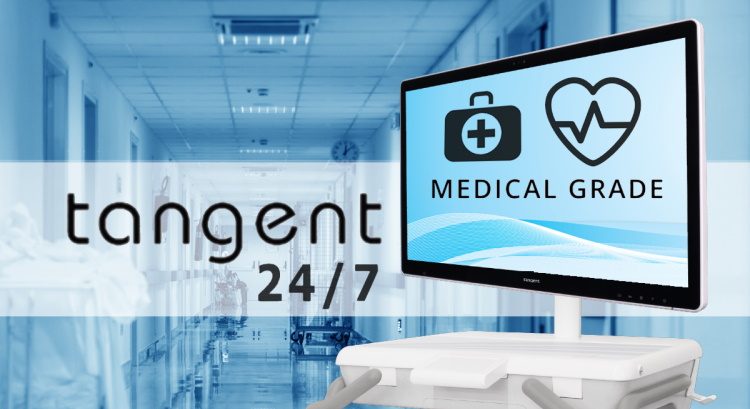
Reducing Frontline Healthcare Worker’s Stress And Anxiety
This crisis has taken a toll on all of us, but frontline healthcare workers have taken the brunt of this crisis. The doctors, nurses, and medical staff protecting the public health are doing so at their own risk. It’s no wonder then why some frontline healthcare facilities are seeing depression symptom rates of 50%. Experts […]
